
ADI-001 does not require genetic engineering to remove TCRs to avoid GvHD, making them ideal for an off-the-shelf cell therapy.

Silas Inman joined MJH Life Sciences in early 2011 and has evolved his role at the organization throughout his tenure at MJH. At various points, Silas has been accountable for several organic launches of highly successful brands, including Targeted Oncology™ and NeurologyLive®, and for quickly transforming acquisitions into high-functioning business units. Prior to joining MJH, Silas, who attended Eastern Michigan University, was an EMT, frontend web developer, and social media/SEO expert. Follow him on X @SilasInman or email him at [email protected].

ADI-001 does not require genetic engineering to remove TCRs to avoid GvHD, making them ideal for an off-the-shelf cell therapy.

A single administration of LN-145 monotherapy resulted in an overall response rate of 21.4% in patients with immunotherapy pretreated metastatic non–small cell lung cancer.

An autologous lentiviral-based gene therapy demonstrated significant benefit, including high overall and event-free survival rates, immune reconstitution, and metabolic correction, for patients with ADA-SCID.

Based on findings from the SPEARHEAD-1 trial, Adaptimmune plans to submit a biologics license application to the FDA in 2022 for afamitresgene autoleucel to treat synovial sarcoma.

The full regulatory approval of agalsidase beta has blocked the accelerated approval pathway for AVR-RD-01 as a treatment for patients with Fabry disease.

Remestemcel-L reduced mortality through 60 days in a prespecified group of ventilator-dependent patients below the age of 65 with COVID-19 and moderate or severe acute respiratory distress syndrome.

A patient enrolled in the phase 2 INFINITY trial exploring ADVM-022 for diabetic macular edema experienced a suspected unexpected serious adverse reaction, which has led to an unmasking of the study.
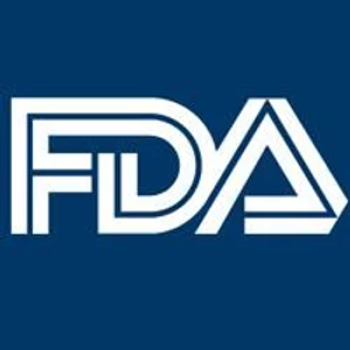
The FDA has granted an orphan drug designation to the cell therapy ITIL-168 as a potential treatment for patients with stage IIB to IV melanoma.

The FDA has lifted a clinical hold placed on an IND for VY-HTT01 in Huntington disease, allowing Voyager Therapeutics to initiate a phase 1/2 study for the agent later this year.

A policy allowing enforcement discretion for cellular-derived therapies, including stem cell-based products, will end on May 31, 2021, allowing the FDA to take more action against unapproved regenerative medicines.

The FDA has lifted a clinical hold on the development of etranacogene dezaparvovec for patients with hemophilia B.

The gene therapy SAR439483 demonstrated promising early signs of activity in patients with Leber congenital amaurosis caused by biallelic mutations in GUCY2D.

Vertex Pharmaceuticals will take the lead on worldwide development, manufacturing, and commercializing of CTX001, with payments and split economics to CRISPR Therapeutics.

The first patient has been enrolled and treated with RGX-121 in the third cohort of a phase 1/2 study for patients up to 5 years old with severe MPS II.
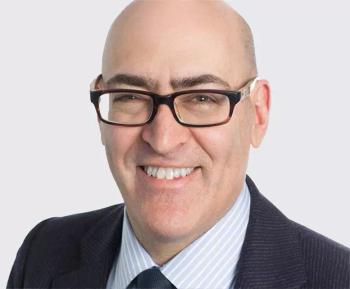
RP-L201 continued to show promising preliminary efficacy for patients with severe LAD-I after additional follow-up in a phase 1/2 study.

The FDA has granted an orphan drug designation to CYNK-001 as a potential treatment for adult patients with recurrent glioblastoma multiforme.

Lifileucel elicited objective responses, including complete responses, for a median duration that was not yet reached at 28.1 months for patients with advanced melanoma.

AAV2 TrkB-2A-mBDNF resulted in early signs of efficacy in preclinical studies of glaucoma and humanized tauopathy, which could be translatable to other neurodegenerative polygenic disorders.

Enrollment has completed for the phase 3 GEM-3 study for beremagene geperpavec for patients with dystrophic epidermolysis bullosa. Topline results are anticipated before the end of 2021.
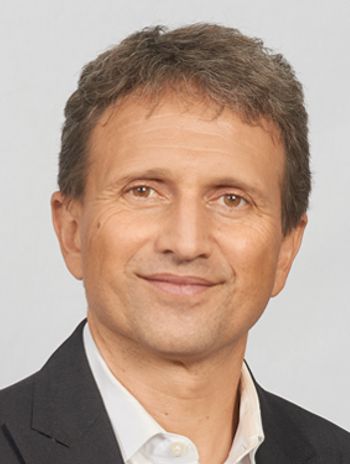
Etranacogene dezaparvovec was "highly unlikely" to be the cause of hepatocellular carcinoma in a patient with hemophilia B enrolled in the phase 3 HOPE-B trial, according to an independent investigation.

The tumor infiltrating lymphocyte therapy LN-145 was feasible, safe, and effective in patients with pretreated advanced cervical cancer.
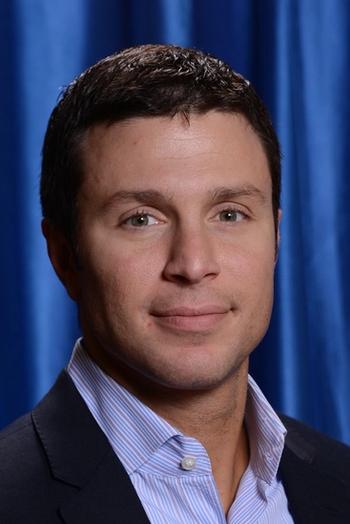
In 2021, Abeona Therapeutics is anticipating to complete enrollment in its phase 3 VIITAL study and additional findings for ABO-102 and ABO-101.

NurOwn was safe and led to improvements in function and cognition at 28 weeks compared with baseline for patients with progressive multiple sclerosis.
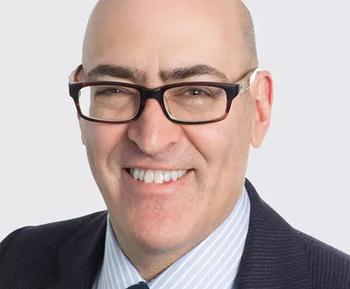
RP-L301 demonstrated improvements in hemoglobin at 3- and 6-months for the first 2 patients treated in a phase 1 study for pyruvate kinase deficiency.

The FDA has granted a fast track designation to the placental-derived natural killer cell therapy CYNK-001 as a potential treatment for adult patients with recurrent glioblastoma multiforme.
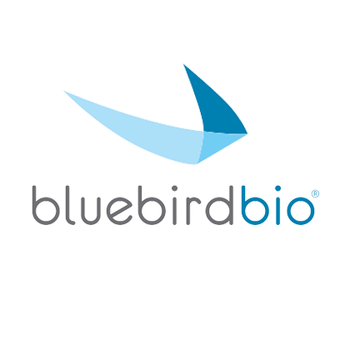
The lentiviral vector used to create LentiGlobin was deemed a very unlikely cause of AML in a patient with sickle cell disease.

The FDA has granted an RMAT designation to RP-L201 as a potential treatment for patients with leukocyte adhesion deficiency-I.

The FDA has granted an RMAT designation to valoctocogene roxaparvovec for hemophilia A.
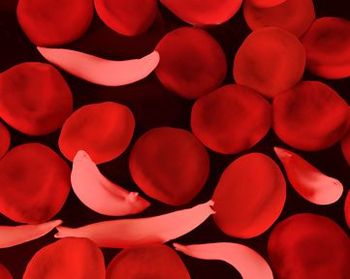
UniQure plans to file etranacogene dezaparvovec with the FDA for hemophilia B in March, pending a positive resolution to a clinical hold placed in December.
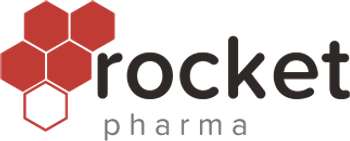
Rocket Pharmaceuticals has summarized multiple major milestones for its 5 gene therapies from 2020 and provided a forecast and outlook for what is expected to be a banner year for the organization.